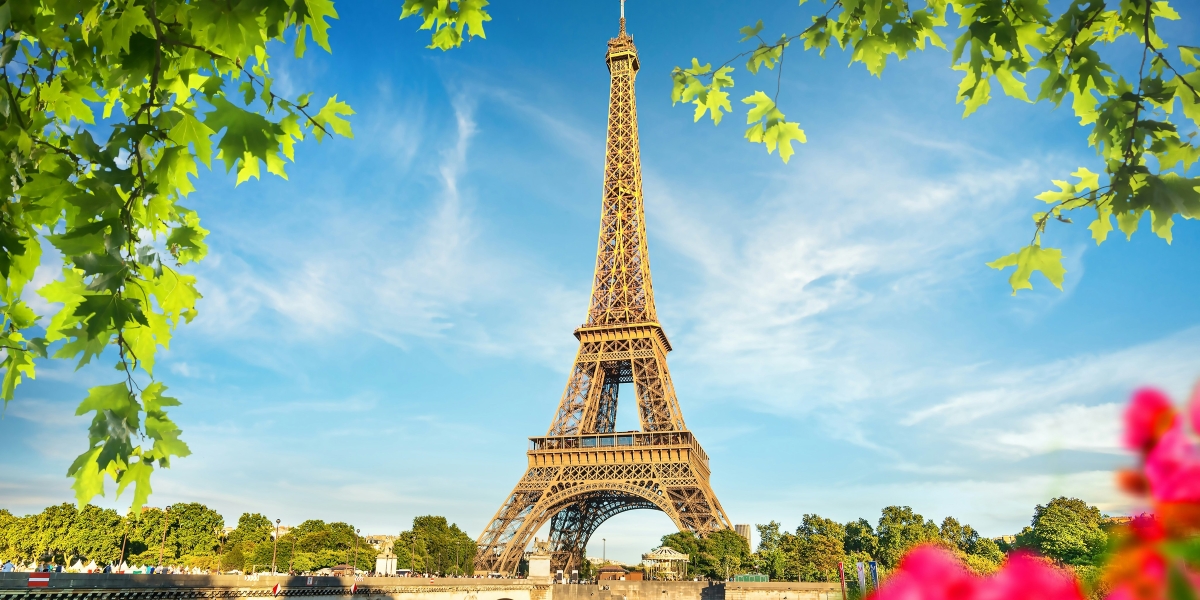The journey of women in literature is a story of resilience, creativity, and determination. Despite centuries of societal constraints and gender biases, women have not only made significant contributions to literature but have also reshaped its trajectory. From ancient times to the modern era, female authors have continuously pushed boundaries, enriched literary genres, and amplified their voices. This article explores the evolution of women in literature, their milestones, challenges, and lasting impact on the literary world.
Read also: Hollywood Portraying Women as Strong Detectives
Historical Milestones
Early Female Authors
Women’s contributions to literature date back to ancient times. Enheduanna, a Sumerian priestess from 2300 BCE, is considered the world’s first known author. Her hymns to the goddess Inanna laid the foundation for future literary traditions. Similarly, in 11th-century Japan, Murasaki Shikibu wrote The Tale of Genji, widely regarded as the world’s first novel. These early works demonstrate that women have long been a driving force in literary innovation.
Pioneering Novels
Throughout history, women have been trailblazers in the novel format. In the 18th century, writers like Jane Austen brought attention to women’s lives and societal expectations through their novels. Austen’s works, such as Pride and Prejudice, not only entertained readers but also offered sharp critiques of class and gender dynamics.
Overcoming Societal Constraints
Use of Pen Names
In many periods, societal norms restricted women from openly pursuing literary careers. To circumvent these barriers, women often adopted male pseudonyms. For instance, Mary Ann Evans published under the name George Eliot to ensure her works would be taken seriously. Similarly, the Brontë sisters used male pen names, such as Currer, Ellis, and Acton Bell, to publish their now-classic novels.
Literary Salons and Circles
Exclusion from formal educational and literary institutions led women to create their own intellectual spaces. During the 18th and 19th centuries, literary salons became vital platforms for women to share ideas, critique works, and foster creativity. Groups like the Bluestockings Society in England allowed women to engage in literary and philosophical discussions, providing an alternative to male-dominated spaces.
Contributions to Literary Genres
Gothic and Romantic Literature
Women have played a pivotal role in shaping literary genres. Gothic literature, characterized by mystery and the supernatural, flourished under female authors like Mary Shelley, who wrote Frankenstein, a genre-defining work. The Brontë sisters—Charlotte, Emily, and Anne—also made significant contributions with novels like Jane Eyre and Wuthering Heights, blending romantic and gothic elements.
Modernist Movement
The modernist literary movement saw groundbreaking contributions from female authors such as Virginia Woolf. Her works, including Mrs. Dalloway and To the Lighthouse, experimented with stream-of-consciousness narratives and delved deeply into the inner lives of women. Woolf’s innovative style and themes continue to influence contemporary literature.
Feminist Literature and Social Change
Advocacy Through Writing
Feminist literature has been a powerful tool for challenging societal norms and advocating for women’s rights. Virginia Woolf’s A Room of One’s Own argued for women’s financial independence and the need for personal space to foster creativity. Simone de Beauvoir’s The Second Sex examined the cultural and historical construction of women’s roles, igniting feminist discourse worldwide.
Impact on Society
Feminist literature has inspired social change by highlighting issues such as gender inequality, reproductive rights, and domestic violence. These works not only empowered women to question societal norms but also encouraged broader conversations about equality. Writers like Maya Angelou and bell hooks have furthered these discussions, exploring themes of race, identity, and intersectionality in their works.
Recognition and Canon Inclusion
Literary Awards
In recent decades, women authors have gained increasing recognition for their literary contributions. Prestigious awards such as the Nobel Prize in Literature, the Booker Prize, and the Pulitzer Prize have honored female writers, including Toni Morrison, Alice Munro, and Margaret Atwood. These accolades underscore the growing appreciation for women’s voices in the literary world.
Academic Study
Women’s literature has also gained prominence in academic circles. Anthologies like The Norton Anthology of Literature by Women have solidified the place of female authors in literary studies. By including works by women in curricula, institutions ensure that future generations appreciate the diversity and richness of literary history.
Diverse Voices and Representation
Global Perspectives
In the modern era, women from diverse cultural backgrounds have brought fresh perspectives to literature. Authors like Chimamanda Ngozi Adichie (Half of a Yellow Sun) and Arundhati Roy (The God of Small Things) have highlighted issues such as colonialism, gender inequality, and political upheaval, offering readers a deeper understanding of global experiences.
Intersectionality in Literature
Contemporary female authors explore the intersections of gender, race, class, and sexuality, enriching literature with multifaceted narratives. Writers such as Roxane Gay, Audre Lorde, and Jhumpa Lahiri create works that reflect complex identities and challenge societal hierarchies. Their contributions have broadened the scope of literature, making it more inclusive and reflective of diverse realities.
Challenges and Ongoing Struggles
Underrepresentation
Despite significant progress, women, particularly those from marginalized communities, remain underrepresented in publishing and literary recognition. Issues such as unequal pay, limited marketing resources, and biases in literary criticism continue to affect female authors.
Gendered Criticism
Female authors often face gendered critiques that focus on their personal lives or question the validity of their themes. Overcoming these biases requires sustained efforts to challenge stereotypes and celebrate women’s literary achievements on their own merits.
The flourishing of women in literature is a testament to their resilience, creativity, and determination. From ancient pioneers like Enheduanna to modern trailblazers like Chimamanda Ngozi Adichie, women have consistently expanded the boundaries of literary expression. Despite historical challenges and ongoing struggles, female authors have enriched the literary world with diverse voices and narratives.
As we continue to celebrate women’s contributions to literature, it is essential to recognize the work that remains. Ensuring equal representation and addressing systemic biases will pave the way for future generations of female writers to thrive. The story of women in literature is not just a chapter of the past—it is an ever-evolving narrative that promises to shape the literary landscape for years to come.
Read also: Why Provisional Evaluation Helps Identify Compatibility with Employees









